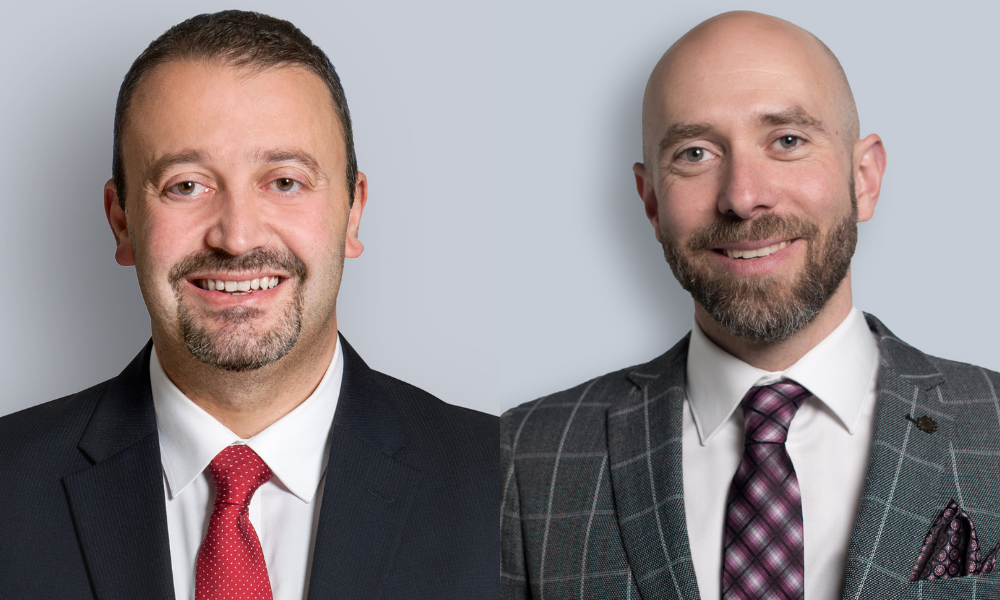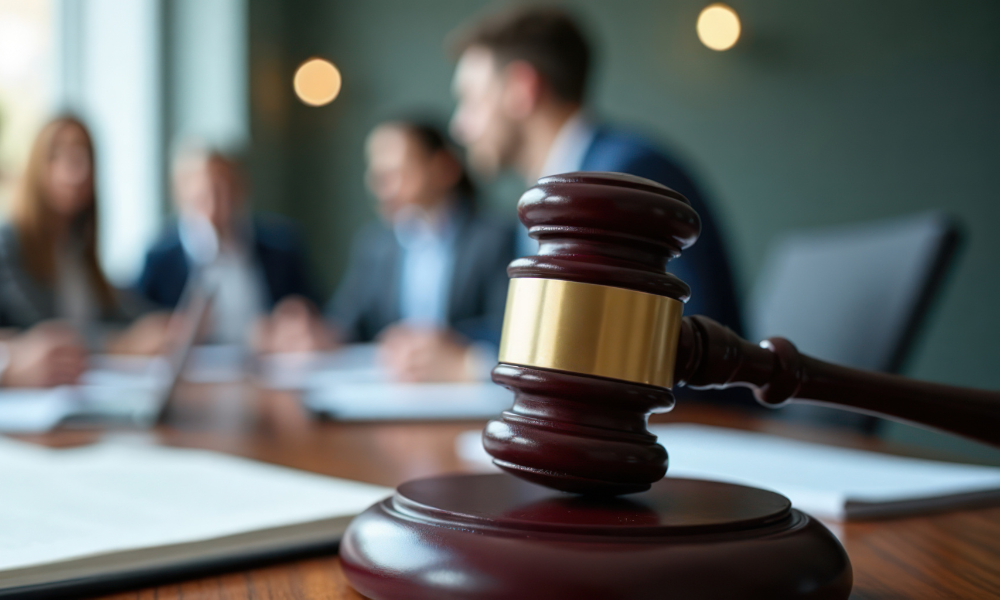In this episode of Lexpert TV, Fadi Amine and David Krebs, partners at Miller Thomson, one of Canada’s leading business law firms, sat down to shed light on the integration of generative AI. Amine and Krebs shared their insights on how AI tools have taken the professional world by storm and how these tools will continue to affect the legal sphere.
Amine and Krebs discussed the key benefits of AI, including the concept of “idea scaffolding”, which allows legal professionals to quickly move from ideation to structuring a potential output. This means tasks that may have taken hours to complete, now can be accomplished in mere minutes, paving the way for more efficient workflows and potential cost savings for both legal practitioners and their clients.
While AI offers many potential benefits, there are still several legal issues and risks that need to be addressed. Anime and Krebs emphasized three primary concerns, the quality of outputs and ensuring that AI-generated content remains accurate, the security of inputs and maintaining client confidentiality, and regulatory frameworks and guidelines of who can use legal AI.
Both experts emphasized the need for regulation of AI as well as the importance of safeguarding intellectual property. Krebs expressed caution about the information that people share online and to carefully review the terms and conditions of the platforms they use. Businesses particularly need to be mindful of the potential disclosure of sensitive data and be aware of protecting confidential information when using AI tools.
Amine and Krebs addressed the ways that lawyers can cope with the challenges presented by AI, as well as the opportunities on the horizon. They stressed that AI should be seen as a tool that can enhance the efficiency of experts rather than replace them. Lawyers can leverage AI to become more efficient in their respective fields, providing better outcomes for clients. However, it’s unlikely that AI will enable non-experts to generate expert-level outputs.
As the legal landscape evolves, it’s clear that AI presents both a plethora of challenges and opportunities for legal professionals. While the landscapes are changing, the legal industry is becoming more equipped to enhance its capabilities and provide more efficient services while maintaining the highest standards of ethics and professionalism with the help of generative AI.
To learn more about Fadi Amine, David Krebs, and Miller Thomson, click here, to watch the full interview.





